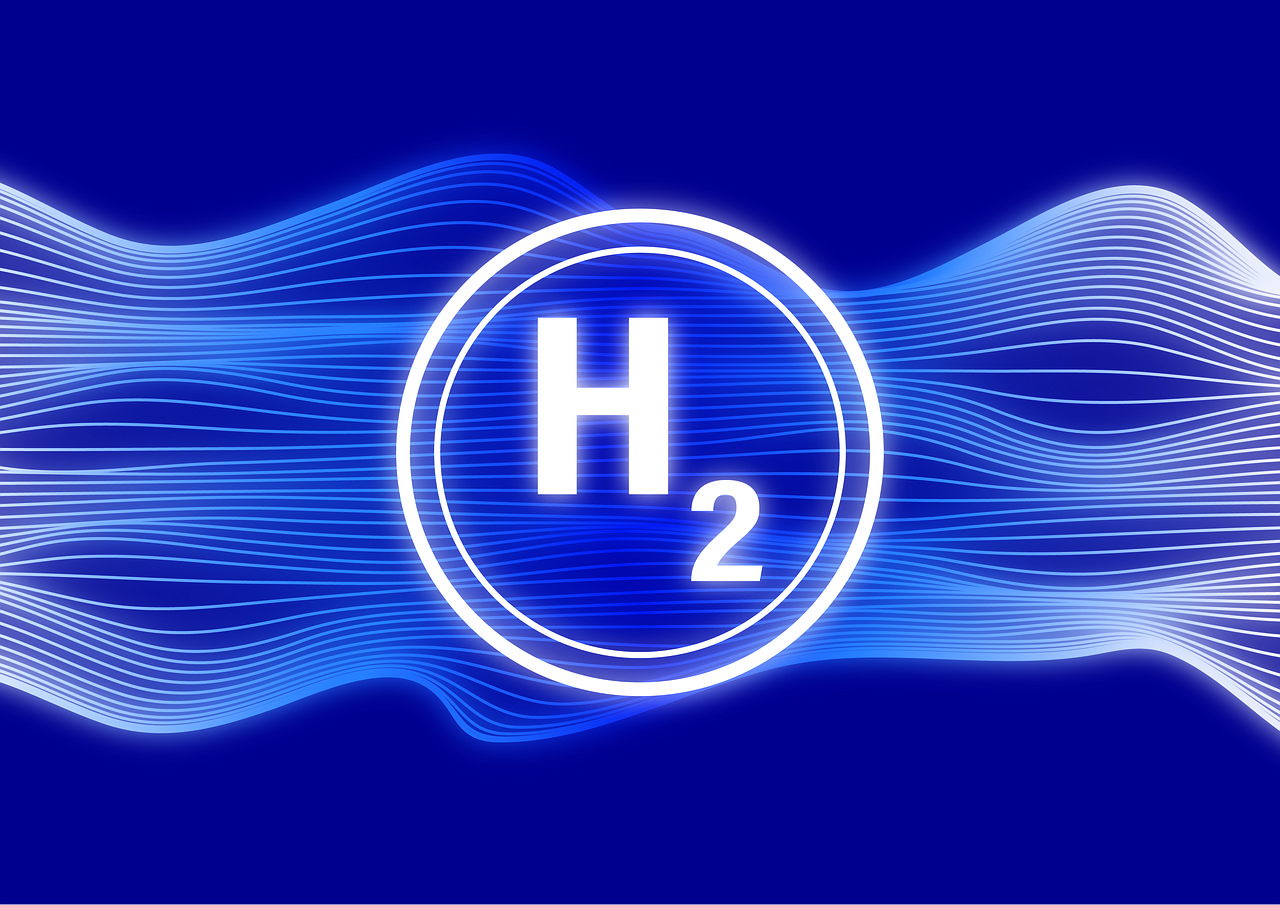Electric vehicles have been at the forefront of many Americans’ minds for a couple of years. President Joe Biden has pushed for the use of more electric vehicles as a proposal for slowing climate change since he ran for president in 2020. At the start of his presidency, he took steps to drive Americans toward cleaner vehicles. In 2023, the U.S. Department of Energy announced a $15.5 billion budget that would support factories in the transition to manufacturing EVs. However, EVs come with their own issues and contributions to climate issues; thus, hydrogen vehicles might be the real solution.
While EVs are better for the environment than traditional gas vehicles, it is important to consider how the components of these vehicles harm the already struggling climate. Specifically, the lithium-ion batteries that power these EVs are difficult to recycle, adding to the issue of e-waste. Mining the materials for these batteries, especially cobalt, also raises concerns since the mining process produces hazardous residues that can leak into the environment. Smelting, a process that can emit sulfur dioxide and other harmful chemicals and gasses into the atmosphere, is also required to access these materials. Overall, EV production and disposal could potentially continue to harm the environment, whether it is at a slower rate than gas vehicles or not. It is commonly known that burning natural gas results in fewer carbon emissions compared to burning coal or petroleum. However, this number is simply reduced and not completely brought down to zero. It is predicted that in 2020 about 33% of total U.S. methane emissions and about 4% of total U.S. greenhouse gas emissions were a result of petroleum but also natural gas, demonstrating that EVs may be a healthier solution but they are not the healthiest.
Hydrogen vehicles may be a better alternative to the EV push. Hydrogen is a fuel that has the same capabilities of powering vehicles as gas, but its emissions are exclusively water vapor. Hydrogen is capable of being converted into electricity through a fuel cell without any greenhouse emissions, a process essential to a greener future. In the U.S., the transportation of petroleum accounts for about one-third of carbon emissions. With hydrogen, greenhouse gas emissions could be cut since hydrogen can be produced locally.
With a continuously growing industry, accessibility to fuel is essential. With hydrogen, we are granted the most abundant element, ensuring a more stable fuel. This is something that could change the course of our environment’s health.
Hydrogen vehicles also tend to last longer in range and years compared to EVs. For example, EVs charged to 100% tend to travel under 300 miles, with an average of 255 miles. Meanwhile, most hydrogen vehicles have a minimum range of 300 miles. Hydrogen vehicles also tend to last longer than EVs, as they are not affected by weather conditions since EVs can deteriorate due to cold climates. This makes hydrogen vehicles better in the long run in terms of reliability.
Although the government push for EVs remains dominant, Biden has still acknowledged the benefits of hydrogen fuel by awarding up to $7 billion to create hydrogen hubs across the country, proving steps are being taken that acknowledge the benefits of hydrogen vehicle use.
While there are many advantages to hydrogen vehicles, there are some cons that have to be acknowledged. As someone who owned a hydrogen vehicle for over a year, I understand the frustrations that can come with these cars. For example, hydrogen fuel cells are currently the most expensive option compared to other energy sources. There are solutions to these problems, however. With Biden starting to invest in hydrogen fuel, costs could go down. Greater government support will benefit the hydrogen market, allowing it to expand and costs to decrease. Overall, a larger push from the government for hydrogen as a main fuel source would impact America as the push for EVs already has.
Here at UC San Diego, the university intends to go greener by using natural gas for the campus buses. However, implementing hydrogen stations and converting our buses to hydrogen power could motivate other UC schools to embrace hydrogen technology. This will change how we as students contribute to carbon emissions. As a school with a mission to be greener, this switch could greatly change the trajectory of the sustainability of campus transportation.
Overall, the impact gas vehicles have on the environment has been brought to light over the years, but we may be starting a new problem by replacing them with EVs. Rather than filling our landfills with lithium batteries that will emit harmful chemicals into our earth, hydrogen is an emissions-free alternative that can greatly reduce our carbon footprint in the long run. Our government needs to make the switch to endorsing a hydrogen-fueled America.








